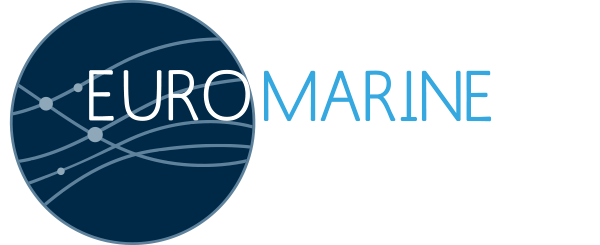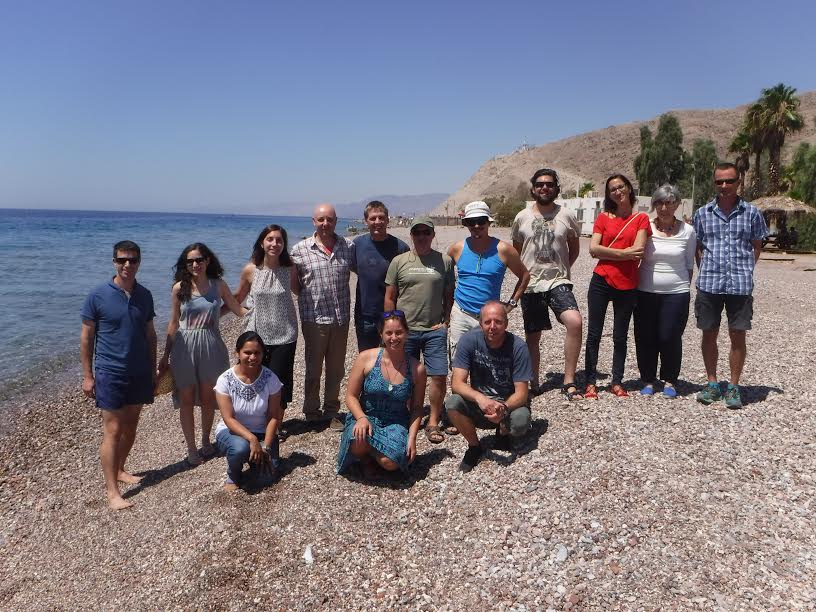The invasive marine angiosperm, H. stipulacea, may become more prevalent in European waters in the coming years. This foresight workshop aims to understand the threat H. stipulacea will pose to European native seagrasses. The workshop in Israel will bring together 15 participants to conduct a literature review of historical data on the expansion of the species.
Attendees will plan the mapping of the distribution of the species and the undertaking of mesocosm experiments and molecular work. Discussions will centre on how to develop climate envelope distribution models and designing field and lab experiments and developing protocols for the impact of H. stipulacea on native seagrass as well as on biodiversity and ecosystem functions in the invaded regions.
The expected outcomes of the workshop include a review paper on the current state of knowledge on H. stipulacea invasion in the Mediterranean and the design of a framework for a LIFE Action or a H2020 proposal that will focus on developing the molecular, physiological, biochemical and ecological knowledge of the species. This will allow the possibility of predicting the ability of this species to invade European coastal waters and assessing its impacts on both biodiversity and ecosystem functions.
The potential threat to European marine biodiversity posed by this plant is serious. It is time for the European seagrass community to develop tools to understand the invasive character of the species and to undertake experiments that will help predict the ability of this species to expand its spread in European waters.



